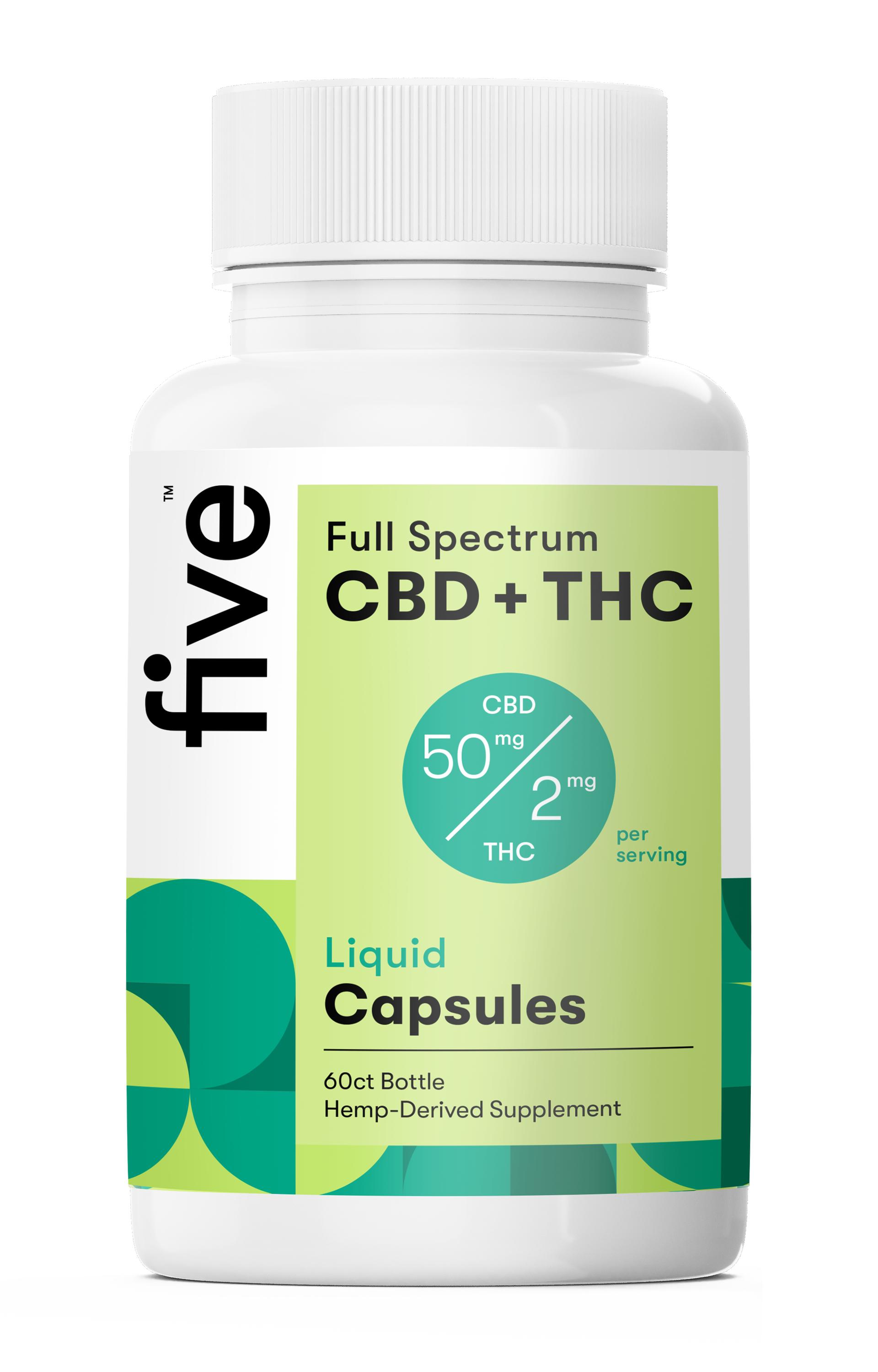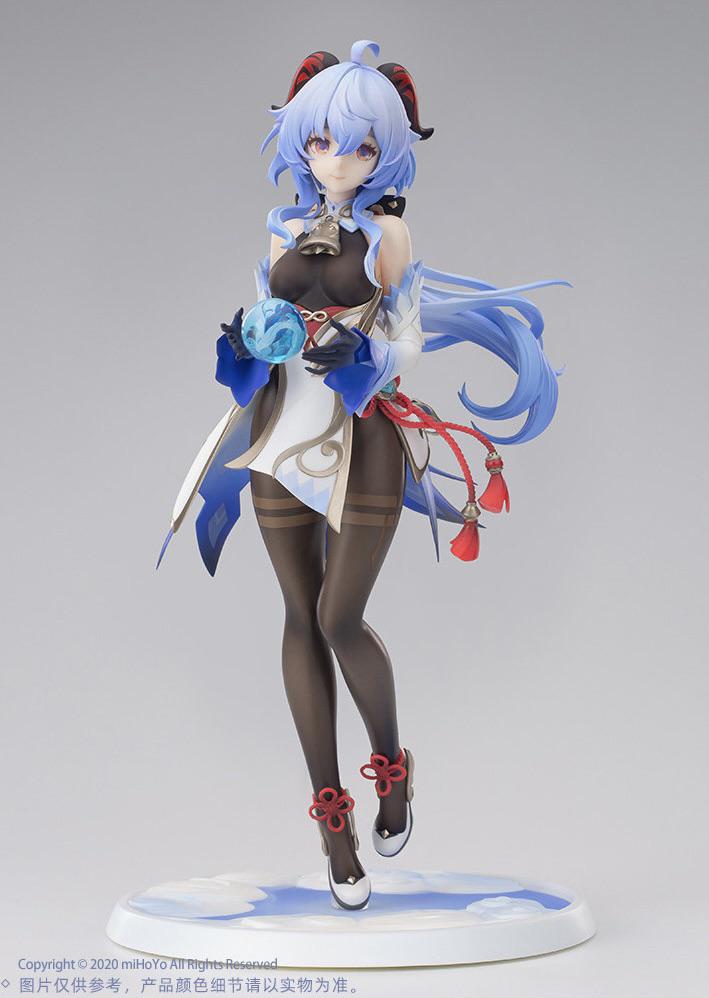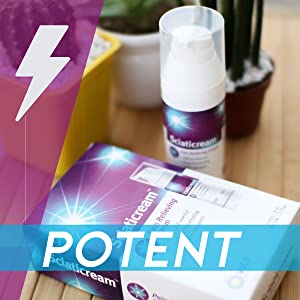
Before you decide whether CBDa is the best option for your health, it is important to understand what it is. CBDa is a cannabis cannabinoid and has a much higher potency than THCa. To determine whether CBDa is beneficial to humans, more research is necessary. Let's explore the benefits of CBDa.
Cannabidiol
Cannabidiol is found in cannabis plants. It is one the 113 known cannabinoids. It makes up about 40% of the plant's total extract. It was first isolated from cannabis in the 1940s.
It has been proven that CBD can reduce the symptoms of anticipatory nausea. This effect is based on its 5-HT1A-dependent mechanism of action. CBD has an anxiolytic property when exposed to high levels of stress. The study also showed that CBD can be used in combination with other cannabinoids.

Cannabidiol is an important component of hemp. It is the predominant component of this plant, and can account for up to 40%. It is used in many pharmaceutical products and has many medical benefits. CBDA is an integral ingredient of hemp.
CBDa is the precursor compound to cannabis. While CBDa is the active component of cannabis, CBDa can be used as the basis compound. CBDa is transformed into CBDa when cannabis plants mature. It is anti-inflammatory, anti-proliferative and has anti-inflammatory properties. It is non-psychoactive. CBDa, as well as cannabidiol, have the same health advantages. But CBDa has no psychoactive effects.
Cannabinoid
Cannabidiols including CBD have a broad range of biological functions. They are used frequently as pain relievers, anticonvulsants, and other purposes. CBD is just one cannabinoid, but it has many health benefits. Cannabidiol's promising results have also been shown to reduce inflammation.
Cannabidiol A, or CBDa, is a relatively recent cannabinoid. It is currently gaining popularity in medicine. It can be used to treat a variety of disorders including mood disorders and nausea. It is also known to inhibit breast cancer cell growth. CBDa can increase the production and activity of ceramide which has anti-inflammatory, anti-apoptotic and other properties.

CBDA concentrations in plasma after full-spectrum cannabis extract administration were much higher than when CBDA was administered as a single molecule. CBDA concentrations in the full-spectrum cannabis extraction were 47 +4 ug/mL. This compares to 6 ug/mL for CBDA administered as a single molecule.
CBDA has a strong affinity for ABC transporters. These transporters allow for movement of various substrates through biological membranes. An increase in brain permeability may result from the interaction of cannabinoids, ABC transporters and CBDA. CBDA is an inhibitor for P-glycoprotein (BCRP) and Pglycoprotein (P-glycoprotein).
Six cannabinoids can be found in full-spectrum marijuana extracts. These cannabinoids are CBD and CBDVA. CBDA is also anti-inflammatory, anticonvulsant, and antiemetic. Nevertheless, the therapeutic effects of CBDA should be investigated in human trials in order to determine its efficacy.
FAQ
Does CBD help with anxiety?
CBD oil can be used to treat anxiety. It interacts with CB1 receptors and CB2 receptors in your brain. The endocannabinoid systems regulates mood and stress response.
CB1 receptors are activated by chemicals released when we feel anxious. When activated, this receptor sends signals to the amygdala, which is responsible for emotional processing.
The CB1 receptor can be blocked so that the amygdala does not receive the signal it needs to process emotions. CBD users report less negative feelings.
2017 research showed that CBD has been shown to reduce anxiety in those suffering from socialphobia. Another study confirmed that CBD can reduce symptoms associated with PTSD.
A 2018 review concluded that CBD has anxiolytic properties and could help treat generalized anxiety disorder.
Another study suggested that CBD may also help to reduce panic attacks.
However, numerous studies have shown CBD to increase anxiety levels in mice.
The difference in results between animals and humans could be explained by differences in the way that CBD is metabolized in different species.
CBD has not undergone any safety studies. But, experts are unanimous in their belief that CBD is safe when used according to directions.
How big is the global CBD industry?
Euromonitor International estimates that the global CBD market is worth $US3.5Billion in 2015. This is an increase of more than 10% compared to 2014.
The report projects that this figure will reach $US6.4 billion by 2020. This represents an average annual growth rate 12%.
CBD products are expected account for about half of all hemp products worldwide by 2020.
This includes CBD oils and other CBD products like food, beverages, cosmetics and pet care items.
Is CBD a good business to invest in?
The demand for hemp-based goods continues to rise as more people realize their benefits. According to some estimates, there will be 1 billion dollars worth of hemp-based products in stores by 2022.
The market is expected to continue growing at over 20% per year until 2020 when it reaches $2.5billion.
Hemp oil is already used in many beauty and health care products such as lotions, shampoos, lip balms, moisturizers, body butter, and skin creams.
Many companies also make CBD-infused snacks, pet food, treats, and other food products.
CBD is currently legal in all 50 states, although this may change soon. CBD will become more widely used as a legal substance in the future. This will allow businesses to be more legally able to do business.
With these factors in mind, it's clear that investing in CBD can be a lucrative venture.
What are some common blunders that companies make when they venture into the US cannabinoid markets?
Not understanding the regulations for cannabis products is a first mistake. This could be a sign that your product formulation needs to be changed.
The second is not knowing how you should label your product. Know whether your product contains THC, CBD or both.
Third, it is important to understand how to properly package your product. If you have a product that contains THC, make sure it is properly packaged.
Even if your product doesn't contain THC, you must still comply with all packaging laws. There are many states in which cannabidiol is legal.
Keep track of any recalls regarding your products. It is important to inform customers as soon as possible if there is an issue with your product.
Is the CBD industry growing?
The answer is yes! As legalization spreads throughout North America, this growth is expected continue. Canada has legalized recreational marijuana use in the past year, and several states have passed laws regarding medical marijuana.
This trend will likely continue for at least another decade as more states pass legislation allowing access to medicinal marijuana.
The legalization of marijuana also makes sense from an economic perspective. Legalizing pot has many other advantages, including a new market that is lucrative for farmers.
It could, for example, help lower crime rates by decreasing the availability of illegal drug. It could also be a source for tax revenue.
People may choose to drink less alcohol as legal marijuana becomes more popular. This would result in fewer hangovers, and lower healthcare costs.
Patients with chronic pain might find that marijuana actually helps to improve their quality-of-life. Many believe that the active ingredient in marijuana, THC, helps relieve symptoms such as muscle spasms and nausea caused by chemotherapy.
A lot of people believe that marijuana is a good option for treating anxiety and depression. Some studies even suggest that marijuana may be able to treat schizophrenia.
The CBD industry is on the rise, and there are many obstacles in its path.
What conditions can CBD treat?
A person's health is the most important aspect of any treatment. A doctor must prescribe cannabis oil to be used as medicine. It is also illegal to use cannabis products if you do not have a prescription from a medical professional.
If you are taking cannabis oil as part of a healthy lifestyle, then there is no need to worry about getting a prescription. It is best to speak to your doctor before you start using cannabis oil.
Cannabinoids are either extracted from whole plants or cannabinoids (THC, CBN) isolated compounds. Cannabis oils are made from these extracts. They are rich in cannabinoids (CBD), tetrahydrocannabinol(THC) and cannabinols (CBN).
These components interact with receptors found throughout the body to create effects including pain relief, stress reduction, and anti-inflammatory and antioxidant properties.
What is the difference in CBD prices between states?
Prices for CBD products vary widely depending on where you live. In fact, prices can differ by more than ten times!
Prices tend to increase as you move further north. CBD in Alaska costs $35 per gram. In Hawaii, however, it costs about $200 per gram.
This trend continues throughout the country. Prices for grams range from $5 to $2,500.
This is why?
The varying levels and regulations of cannabis regulation are one reason prices can vary widely. Some states require CBD products that contain very little THC, the psychoactive component of cannabis. Others don't care about the amount of THC present.
Some companies sell products in one state, and then ship them to another.
Statistics
- The use of these products is likely to become even more widespread if the World Health Organization's recommendation that CBD no longer is scheduled in the international drug control conventions is adopted by the United Nations member states [201]. (ncbi.nlm.nih.gov)
- CBD seems unlikely to directly influence sleep in healthy humans [115] (and maybe “sleep-promoting” in those with certain comorbid conditions) (ncbi.nlm.nih.gov)
- OralWhere HED is the human equivalent dose, and Km is a correction factor estimated by dividing the average body mass (BM) of the species (60, 0.020, and 0.150 kg for 11 humans, mice, and rats, respectively) and by its surface area (see: Nair et al. (ncbi.nlm.nih.gov)
- As a substance that was federally illegal before the passage of the 2018 Farm Bill, hemp-derived cannabinoids with no more than 0.3% THC still face a regulatory grey area. (forbes.com)
- HR −16 mmHg; 95% CI −26, −6; I2 = 92%) (ncbi.nlm.nih.gov)
External Links
How To
How to Get Certified To Sell CBD Products
CBD (cannabidiol), one of the many cannabinoids found inside cannabis plants, is one. It has been used medicinally in many countries throughout history, including traditional Chinese medicine and India. The ability to treat conditions such anxiety, pains, epilepsy, and inflammation has made CBD products extremely popular in recent times. The U.S. does not have an official certification program yet for CBD products. Therefore, anyone wanting to make a living selling CBD products must rely on their "unofficial" self-certification.
There are two ways you can go about it. One way to do this is to join the local association of cannabis-business owners. By joining a local association of canna-business owners, you will be able to learn from others and receive support and advice. There are currently dozens of associations around the country. The second option is to take your business online. The majority of states allow cannabusinesses to be online. If this is the case, then you can establish your own website immediately and start accepting orders. You must register with the Department of Public Health in your state. Once you have registered, it will be possible to apply for your license through the state's department public health. Once you receive your license, you're officially allowed to open your store and begin accepting orders.